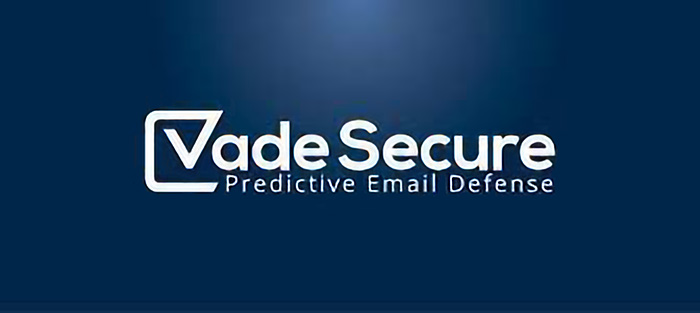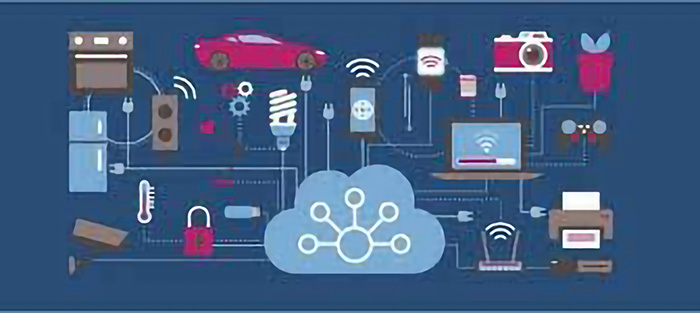If comedian and journalist John Oliver’s much-buzzed about interview with former U.S. National Security Agency contractor Edward Snowden wasn’t an eye opener for you, it certainly should’ve been.
As one man-on-the-street interviewee in Times Square after another misidentified Snowden, it became increasingly clear that Americans have blinders on when it comes to the complex privacy and security issues surrounding the government programs Snowden unveiled.
When Snowden exposed the NSA’s PRISM spying program back in 2013, many felt that it was only a matter of time before the U.S. cloud, hosting and IT outsourcing companies would sustain massive financial losses, as customers moved over to international companies that were out of the NSA’s watch. But, a recent report from Forrester shows that far fewer companies reacted than we expected.
So, why is it that many Internet users – especially Americans – aren’t responding to the urgent issues at hand? Are American consumers at fault here or who are we (the Internet industry) to blame for their indifference?
Actually, the issue isn’t that Americans could care less about their online vulnerabilities. Instead, the issue is that technical people across the industry haven’t done a good enough job of mainstreaming the conversation, as pointed out by Oliver, and demonstrating to the average American how these issues affect them directly. Oliver manages to do just that by bringing the security debate down to a crude, but easily digestible, example: d*ck pics. It’s incredible to see just how fired up these interviewees become about their security when faced with the fact that the government could be looking at pictures of their… you know what.
The responsibility now falls on the greater technology community and the greater policy community to find ways to show consumers why they should care, and connect the issues back to them on a personal level. Getting there will require an open conversation between Internet users, the providers of the services they use and their government overseers.
It’s clear that we need to stop talking in an echo chamber to each other, and start talking directly to our men-and-women-on-the-street to regain their trust.
Do you trust your overseers?
It’s a question that will likely warrant a hesitant or long-winded response from any American. A recent Trust Barometer report by Edelman shows a decline in trust across the world – 80 percent of people surveyed in 27 markets around the world distrust their governments, businesses or both. In the U.S., just 41 percent of respondents place their trust in the government.
What’s more, the Open-Xchange Consumer Openness Index survey we conducted with 3,000 average Internet users in Europe and the U.S., revealed that Americans are much more concerned (56 percent) about a privacy scandal involving a government website and their personal information than their UK and German counterparts (40 percent). In fact, more Americans would stop using a government website involved in a privacy scandal than, say, a site linked to their credit card or an app that tracks their location.
It’s clear, especially in the U.S., that there’s distrust present for the government. What providers and the government need to recognize is that trust and understanding go hand-in-hand, and mainstreaming the security conversation for the average American could have a domino effect on improving that individual’s trust – in both the provider and the government.
Technology giants and policy makers (and influencers) have a clear opportunity here to step up and win back citizens’ trust – by putting the right tools in place and bringing the conversation back down to, well, “d*ck pic” level.
The knowledge gap is surmountable
With several provisions of the U.S.A. Patriot Act up for reauthorization on June 1 this year, Americans have an opportunity to impact the way their data is collected and used. Yet, as Oliver demonstrates, and as seen in the recent findings from our Consumer Openness survey, there is still a serious knowledge gap in the U.S. around data privacy issues.
Despite this, the survey also shows that consumers actually do care about protecting their privacy – that is, when they have the simple tools and technology in place to fully understand and manage it. Users surveyed said they would be open to ‘complex’ technologies like encryption — almost 72 percent of respondents in the U.S. and Europe said they would be open to using the technology for their personal emails, messaging, or voice chats.
In fact, given the right hypothetical tools – for example a mobile app – to tell them if they were being tracked on a website, half of those surveyed said they would stop using a website immediately. Only 6 percent said they would take no action and continue using the site. With the right tools and knowledge comes greater understanding. It’s clear that there’s an opportunity here for technology providers and the government to work together to provide more clarity, brevity and transparency across the board.
A simple, transparent way forward
It should be clear now why Americans aren’t showing as much concern and understanding around their privacy and security dilemmas as we think they should. It’s because neither the private nor public spheres have worked to make those dilemmas simple and digestible enough for them. If the effort is made to mainstream and simplify those conversations and technologies, we know that more consumers will tune in to their security. We’ve seen that clearly in our Consumer Openness Index research, for example, where 58 percent of respondents said that they would be more likely to use encryption if it was simplified – and as easy as just clicking a button.
Currently, there is a limited selection of software and services that provide the trust and innovation the Internet requires to remain a valued platform for consumers, and there are obviously no quick and easy solutions to the issues surrounding the Internet of today. What we do know, with the help of John Oliver, is that people ultimately do care about their security. By listening and speaking to consumers, not around them, it will make it easier for the tech community, investors and policy





